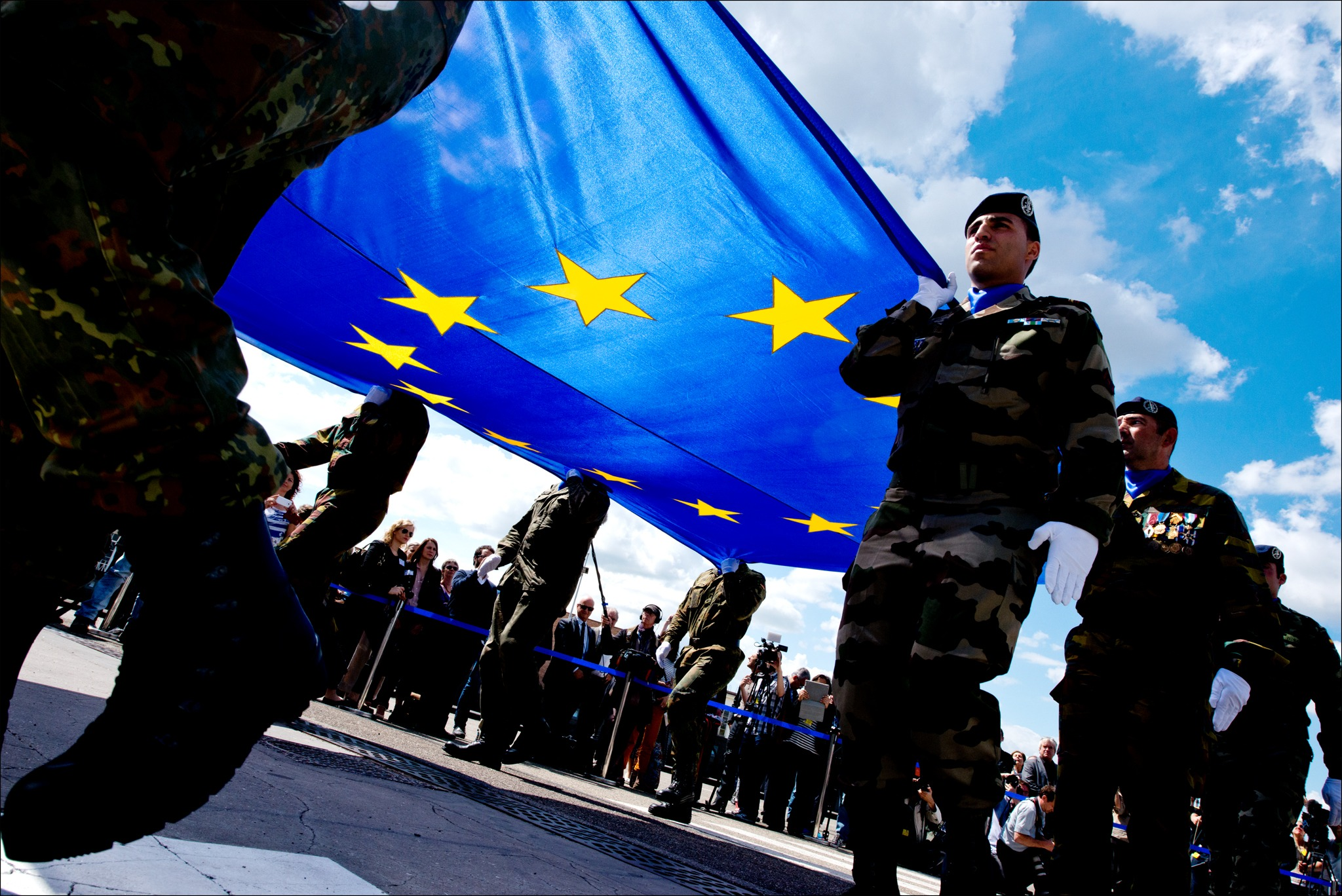Ken McDonagh (Dublin City University)
The second meeting of the European Political Community which took place yesterday in Moldova, an Eu candidate country of 2.6 million people that sits in the shadow of the Russia-Ukraine War. This gathering of 45 leaders from across the continent – from practically every country except Russia and Belarus – provides an occasion to reflect on Europe’s perilous security landscape.
The Russian escalation of its invasion of Ukraine in February 2022 sent shockwaves across Europe. The heroic resistance of Ukraine since then has been made possible by the concrete assistance of Western Allies but Ukraine is still fighting with one hand tied behind its back as the US, NATO and the EU continue to drag their heels on delivering vital weapon systems. There is a risk that if the current Ukrainian offensive doesn’t bear fruit, pressure will increase on Kyiv to make peace while Russia still occupies Ukrainian territory. Such a peace will not deliver justice for the crimes against humanity committed by Russia and will be even less likely to deter Russia in the long term. After the Russian invasion of Georgia in 2008 and of Ukraine in 2014, relations with the West quickly snapped back to a semblance of normality. Trying this again would be a mistake.
The EU response to the invasion was swift and impressive. In addition to implementing the Temporary Protection directive for the first time to provide refuge for Ukrainians fleeing the war, the EU went much further than many thought possible in terms of both sanctions and direct military assistance via the European Peace Facility. To date the EU has provided over €3.6 billion to the Ukrainian armed forces; when the contributions of individual member states are factored in this figure reaches €12 billion euro.
However, stockpiles are running low in European armouries and the member states have been criticised for not restocking their arsenals and placing orders with manufacturers in good time. Likewise, although the EU sanctions have held fast, the EU has been less successful in either persuading or deterring other countries from trading directly with Russia or facilitating sanctions evasion. The role of Georgia, where the EU has invested significantly through the Eastern Partnership process, in facilitating sanctions evasion is a clear signal of the limits of EU power, soft or otherwise beyond its borders.
Internally too the shockwaves of the war continue to disrupt politics. Though the worst of the inflation has started to subside, governments across the continent are facing protests and strikes. The largely successful efforts to quickly decouple EU energy markets from Russian supplies were overshadowed by skyrocketing prices. As Europe heads to the polls in 2024, another year of real wages falling could manifest in a further surge in support for far right and Eurosceptic parties across the continent.
More significantly, the EU faces challenges internally on the issue of rule of law. Though Hungary remains firmly in the Commission’s crosshairs as billions in EU funds are withheld due to rule of law concerns, Poland has largely evaded serious sanction for its attacks first on judicial independence and now on opposition politicians due to its steadfast role in supporting Ukraine. The EU needs to recognise that illiberalism inside the Union is as grave a threat as authoritarianism outside.
Although the EU has responded more robustly than many thought possible, ultimately the conflict has reinforced the centrality of the Trans-Atlantic relationship. Sweden and Finland’s swift decision to seek membership of NATO are one symptom of this. Another is the reluctance of EU states to get ahead of the US in terms of the types of weapon systems they are willing to donate to Ukraine. While the war has demonstrated how far the EU has come in the area of security and defence it also revealed how far it has yet to go.
Brexit placed a significant strain on the frictionless cooperation that had provided security in the West since the beginning of the Cold War. The establishment of the European Political Community (EPC) in October 2022 and the progress made on the Northern Ireland Protocol, most notably agreement on the Windsor Framework in February 2023, have helped to ease this friction. With NATO grappling with similar internal issues as the EU – though in this case with Turkey taking the part of Poland as Hungary’s partner in crime – alternative fora such as the EPC may play an important role in shaping Europe’s collective response to security challenges. Such alternatives could become even more necessary should Donald Trump return to the White House in 2025.
The world order that emerged at the end of the Cold War promised much but the peace dividend appears to have been squandered. The multilateral institutions of the second half of the last century appear to be reaching their end. The UN Security Council is hamstrung by permanent members with scant regard for international law. NATO, though given a fillip with the accession of Finland and likely Sweden, remains beholden to authoritarian leaders in Ankara and Budapest. Even the EU faces challenges not only in Hungary and Poland but also in Sweden, Italy, France and elsewhere.
The fragile European order that emerged with the collapse of the Soviet Union is in grave peril and the odds seem stacked against its survival. But the same could have been said of Kyiv in February 2022. Like Ukraine, we need to find the courage to fight for our survival and the first step in that direction is to give Kyiv what it needs to win and win decisively.
Photo credits: European Union
The views expressed in this blog reflect the position of the author and not necessarily that of the Brexit Institute Blog.



